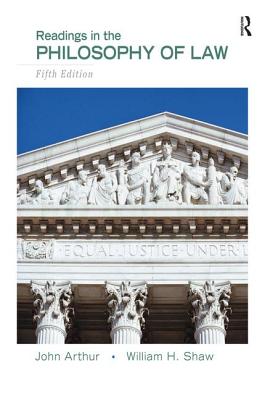 The standard legal philosophies on the time, have been, Kelsen claimed, hopelessly contaminated with political ideology and moralizing on the one hand, or with makes an attempt to cut back the law to natural or social sciences, on the other hand. In Chapter Five of Pure Principle of Regulation, sections 34 and 35, Kelsen discusses the dynamic principle of regulation.
The standard legal philosophies on the time, have been, Kelsen claimed, hopelessly contaminated with political ideology and moralizing on the one hand, or with makes an attempt to cut back the law to natural or social sciences, on the other hand. In Chapter Five of Pure Principle of Regulation, sections 34 and 35, Kelsen discusses the dynamic principle of regulation.
Certainly, Austin explicitly endorsed the view that it’s not essentially true that the authorized validity of a norm is determined by whether or not its content material conforms to morality. Even after all these years, scientists are nonetheless performing tests to see if there are flaws in Einstein’s Theories of Normal and Special Relativity.
Neither is it necessarily true that each one the legally valid norms of a given system derive their validity from the same fundamental norm (Raz 1979, 127-129). For Kelsen as for different central European contemporaries, norms occur not singly but in units, termed ‘orders’.
The phrases “truth,” “hypothesis,” “principle,” and “regulation” have very particular meanings in the world of science, and they do not precisely match those we use in on a regular basis language. The applying of the legislation, in an effort to be protected from ethical influence or political influence, needed to be safeguarded by its separation from the sphere of standard moral influence or political affect.
A optimistic-authorized order might be identified when there are norms that regulate their own creation through a means of authorisation and, as well as, the order itself is ‘by and enormous effective’. Thus, a norm is considered to be legally legitimate”, Kelsen wrote, on the condition that it belongs to a system of norms, to an order which, on the whole, is efficacious” (GT, forty two).

